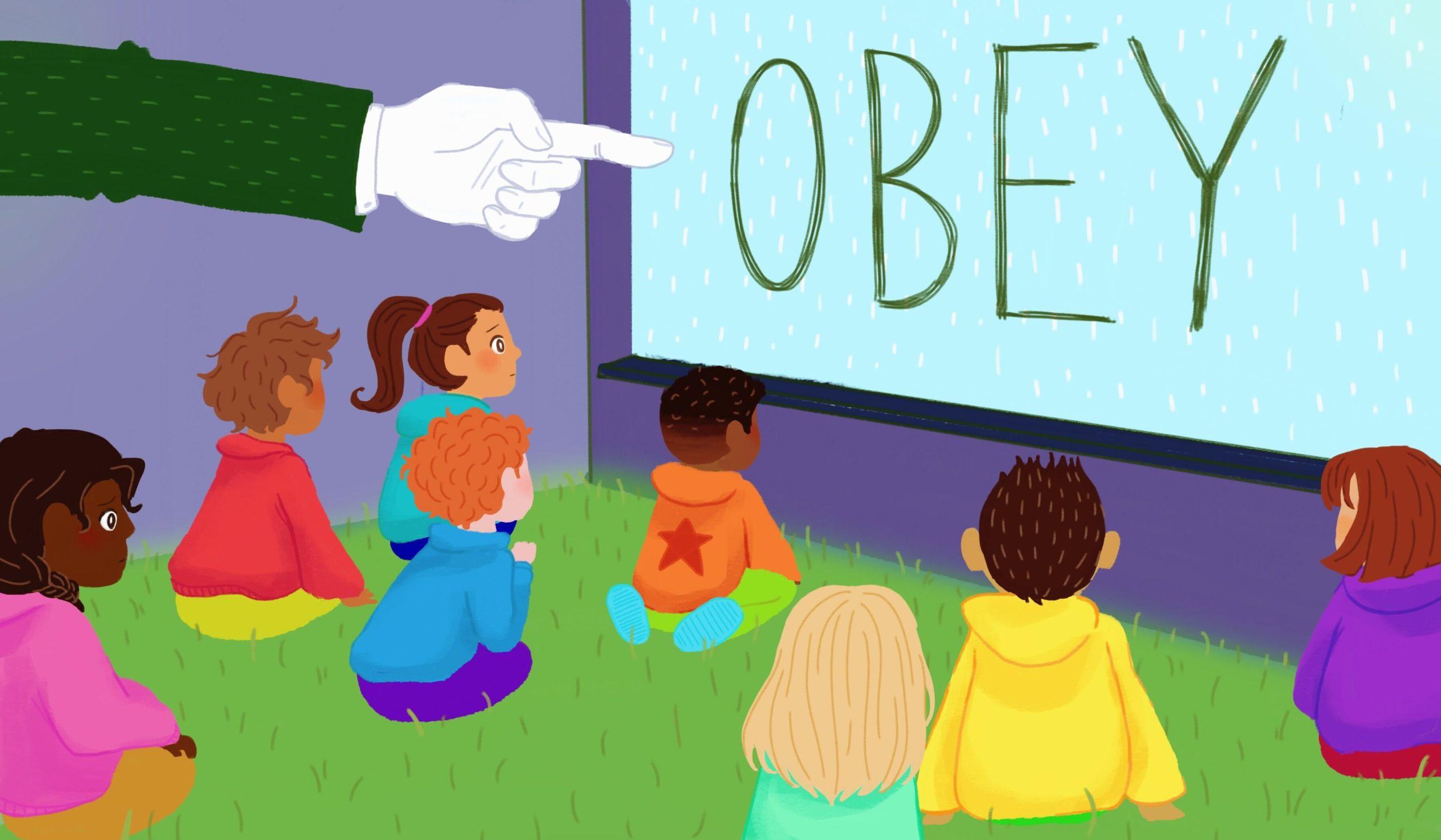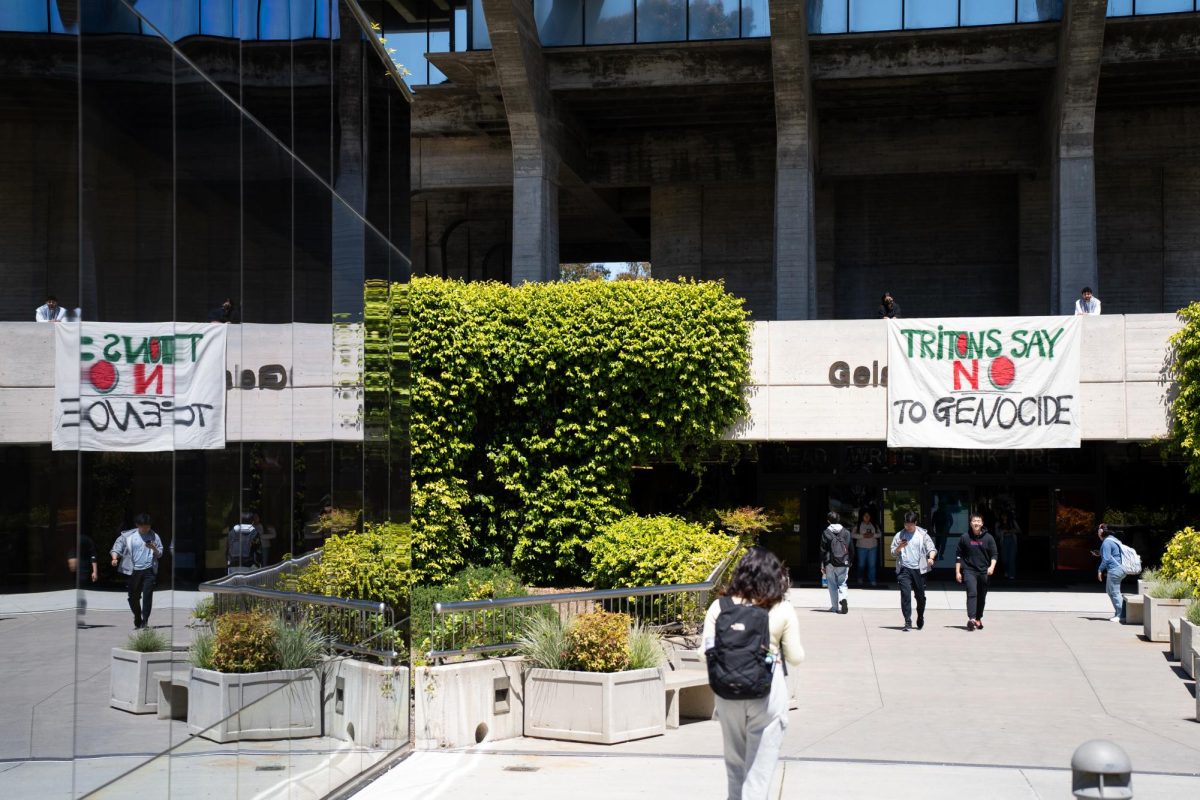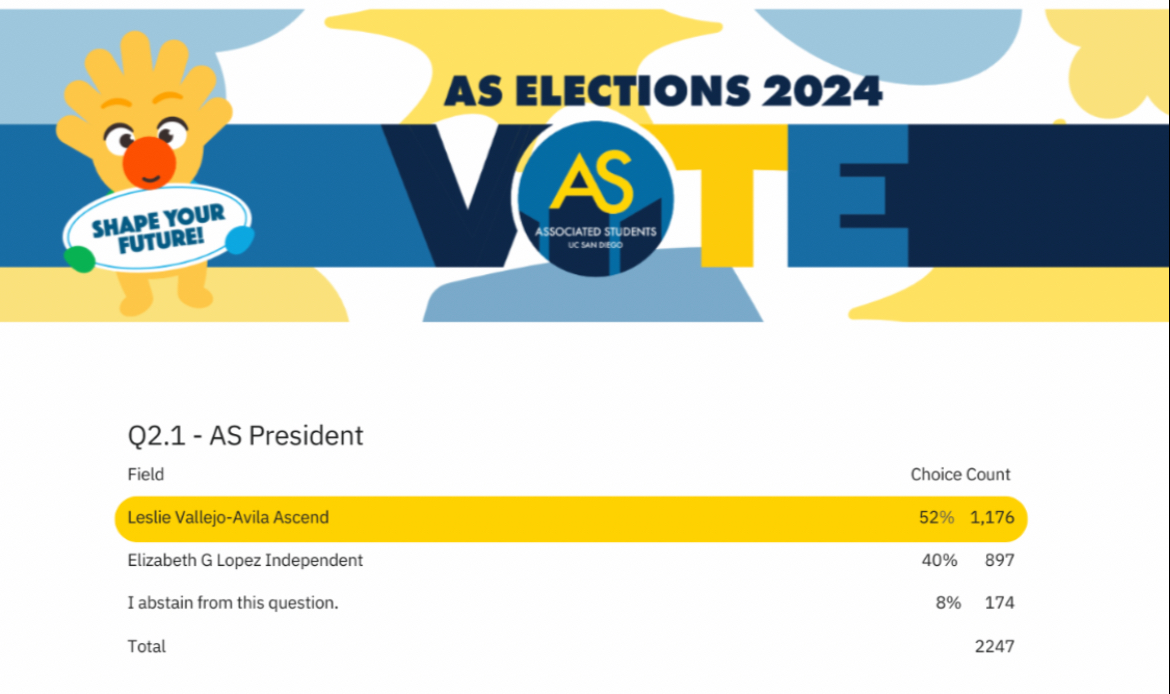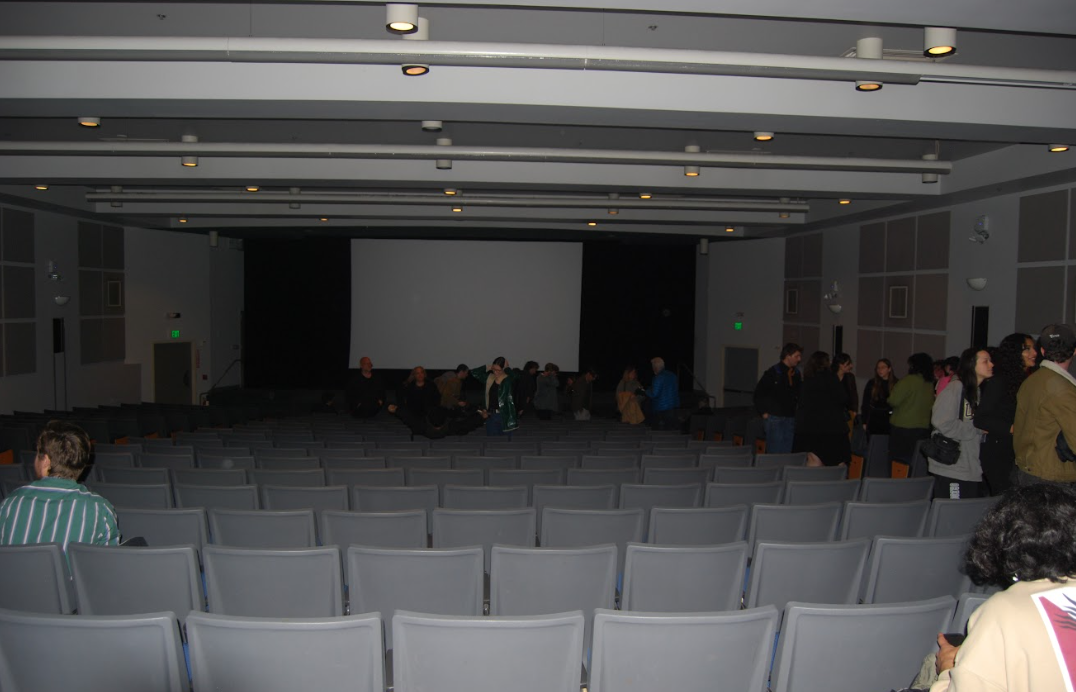A recent study from UC San Diego suggests that the state-funded schools were originally founded to indoctrinate and suppress disobedience, with the purpose of preventing mass violence.
In the research paper titled “Education or Indoctrination? The Violent Origins of Public School Systems in an Era of State-Building,” Agustina S. Paglayan, UCSD assistant professor under the Department of Political Science/School of Social Sciences and the School of Global Policy and Strategy, found a historic pattern in Europe and Latin America. From 1828 to 2015, primary school expansion always followed civil wars, implying that the mass education system is a political tool to advocate obedience.
“The key prediction of the research is that when there are periods of internal conflict, states will introduce education reform that is designed to indoctrinate people to accept the status quo,” Paglayan said to the UCSD News Center.
Paglayan believes that violence would likely trigger societal elites’ anxiety about potential social unrest and their doubts about the state’s ability in maintaining social orders. In this scenario, the public education system was introduced to oppress dissent.
Paglayan’s study lasted seven years. During the research period, Paglayan gathered quantitative data, including enrollment numbers and level of education expenditure, from 40 distinct countries. The gathered data were analyzed together with language found in textbooks, parliamentary debates, politicians’ speeches, and more.
Paglayan has applied the case to the current public discussion regarding teaching of critical race theory. One example that she brought up was the 1776 Commission, the advisory committee former president Donald J. Trump created after the Black Lives Matter movement. The 1776 Commission was later pressed into charge with its baseless historic report and “patriotic education.” Despite the end of Trump’s presidential term, the Commission continues to shape the United States education system, an example of which being different states’ issued bills that ban the teaching of systematic racism.
“The school contains students in certain environments, which in turn would shape students’ personalities and social values,” Jane Qin, an Eleanor Roosevelt College sophomore, said. “From classrooms to dining halls, students are exposed to particular settings provided under campus, and all their encountered elements would exert a certain influence over students — that’s for sure.”
Not all students are concerned about the purpose of education being a disciplinary tool, though. Junior John Muir College student Rafi Benson said, “I would say [the schooling] being indoctrination or not, depends on the curriculum structure and the people who designed the curriculum. It’s a very difficult question if the curriculum would be set by higher orders or teachers. If every student learns the same thing, student groups lose somewhat individualities — how diverse could that be?”
Austin Hicks, a John Muir College junior, holds a different opinion. “For me personally, the purpose of education is straightforward. Primary school prepares students for middle school, and the middle school prepares students for high school. I was taught more how to think instead of what to think,” Hicks said.
Oana Tocoian, a lecturer in the Department of Economics, shared a relatively similar opinion.
“Beyond molding young people into acquiescent citizens of nation-states, public primary education was also key in training the industrial workforce: the children of farmers and tradespeople had to become literate and fluent in the factory lingo,” Tocoian said. “They were primed to be obedient not only to the existing political order, but also to the factory foreman.”
Nevertheless, Tocoian saw a throughline from early public schools to today’s universities and voiced her concern about higher education.
“As access to higher education has expanded, the apparent scope of universities seems to have narrowed, and students are encouraged, through rhetoric and incentives alike, to think of their college years as little more than job training,” Tocoian said. “There is certainly no more space in today’s classroom to challenge the primacy of the shareholder in corporate hierarchy than there was in Prussia to challenge the authority of the king.”
Paglayan’s research was published in the journal American Political Science Review. The full paper can be found here.
Art by Allen Chen for the UCSD Guardian















Timothy Lyall • May 30, 2022 at 4:22 am
It’s not bad, on the contrary, it’s great. But the fact that students are processed is the same thing as hypnotizing, I think this is not right. I recently wrote in college about “to kill a mockingbird”, I used https://artscolumbia.org/free-essays/to-kill-a-mockingbird/ for that. I still don’t understand why we write this all the time, maybe it’s also hypnosis to some extent. The topic is very interesting and you can talk about it for a very long time.
Rosy Bones • May 10, 2022 at 6:03 am
I enjoy this article, thank you!